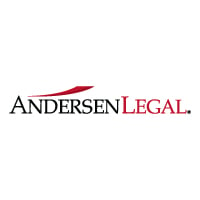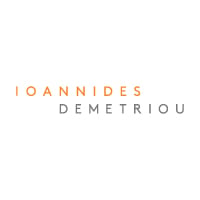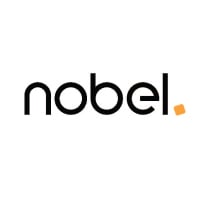

Head counsel, finance and capital markets | TITAN Cement Group





Izabella M. Tsirba
Head counsel, finance and capital markets | TITAN Cement Group
How do you approach managing legal aspects during periods of instability or crises, and how does your legal strategy align with the broader business strategy to ensure the organisation’s resilience?
During periods of instability or crises, it is crucial to reassess a legal team’s role vis-à-vis the organisation or a client and recalibrate legal processes to leverage its strengths. Particularly for in-house legal teams, establishing clear procedures and comprehensive contingency plans is essential to ensure smooth operations. Promoting effective communication and coordination helps maintain alignment across the organisation. Enhancing compliance through robust policies and developing training initiatives reinforces ethical conduct and compliance behaviour. The strategy of an in-house legal department should align with the broader business strategy by identifying industry trends, understanding client and stakeholder expectations, and assessing work volume, geographic dispersion, and risk exposure. This holistic approach ensures organisational resilience by maintaining the efficiency of legal processes and robust compliance. By staying attuned to both internal dynamics and external factors, in-house counsels effectively support the organisation’s stability and adaptability during challenging times.
What emerging technologies do you see as having the most significant impact on the legal profession in the near future, and how do you stay updated on these developments?
By automating numerous tasks, AI legal research tools, blockchain, and advanced analytics are set to significantly transform the legal profession. This allows legal practitioners to focus on more complex legal matters. To stay updated on these developments, legal teams should collaborate closely with IT and digital transformation teams to develop and maintain platforms that serve as central repositories for legal templates, opinions, and other resources, while employing tools for legal research and document prediction to enhance consistency, efficiency, and speed in the legal services. Moreover, adopting a proactive approach to continuous learning is vital. This involves monitoring industry publications, attending legal technology forums, and emphasising ongoing education and training in legal technology. By doing so, legal teams will be well-equipped to leverage emerging technologies and enhance their service delivery.